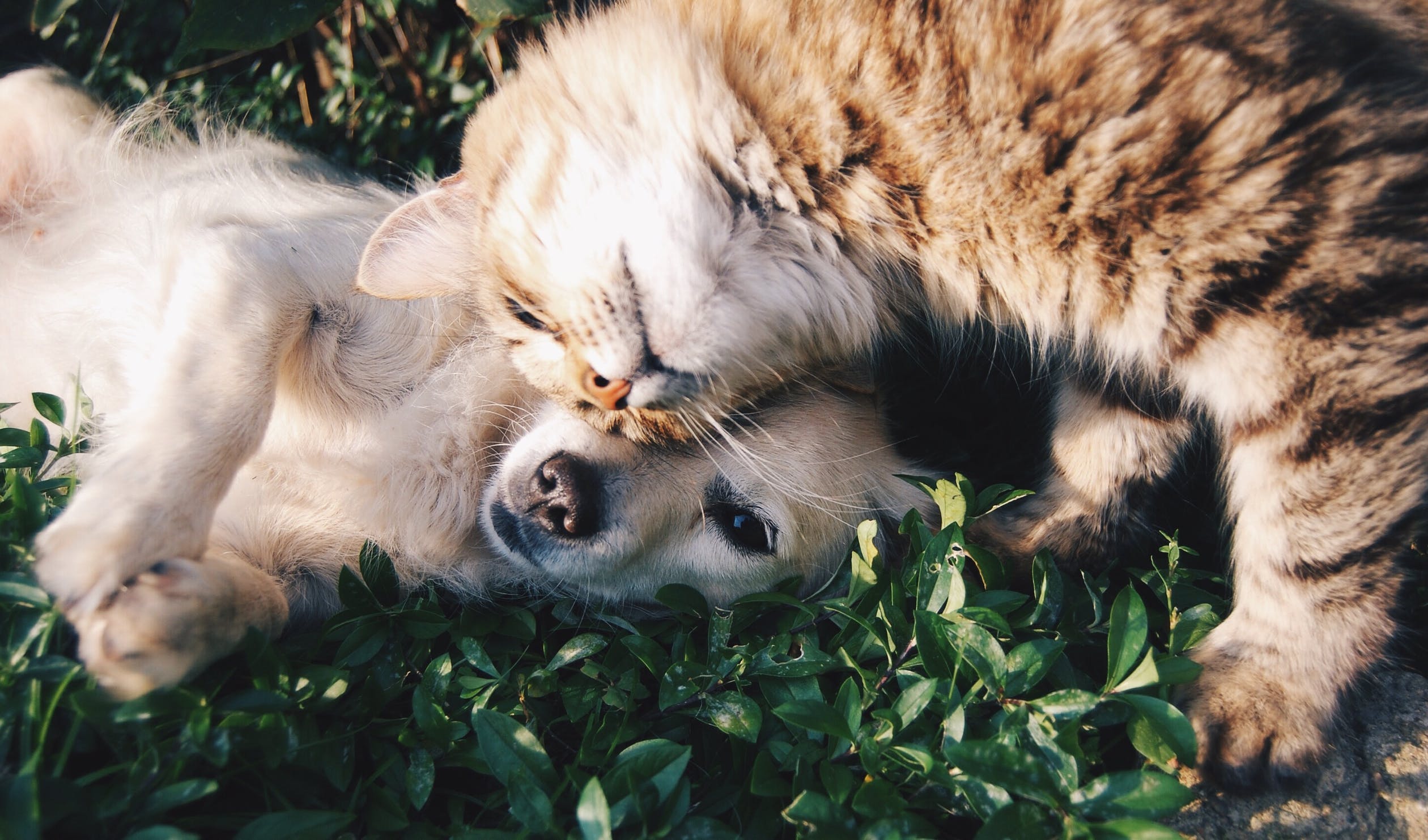Article updated (31 August 2020)
Were you one of many families that picked up a new furry friend over Lockdown? During the first Lockdown, newsroom reported that SPCA had been successful in its call for new homes for thousands of animals. Where usually there would be about 3,000 to 4,000 animals around SPCAs in the country, they had 1,400.
With over half a million dogs and a million cats in New Zealand, you are in good company.
The cost of having a pet in New Zealand is a key consideration for many people. Unlike humans, pets do not have free medical coverage from the likes of ACC or vet hospitals.

Visits to the vet are known for being expensive.
Unsurprisingly, a growing number of pet owners are picking up pet insurance to make it easier on the wallet when their pets need TLC.
Contrary to the belief that if owners are careful to avoid accidents with pets, then there is little need for visits to the vet. Southern Cross Pet Insurance shares that 80% of their claims are paid for illnesses rather than accidents.
Pet insurance providers in New Zealand Here is a list of pet insurance providers to look at and the kind of pets they insure.
PD Insurance (Dog & Cat)
Pet-n-Sur (Dog, Cat, Bunny & Horse)
Petplan (Dog, Cat & Horse)
AA (Dog and Cat)
Southern Cross (Dog and Cat)
Updated: PD Insurance is the newest pet insurance company in New Zealand. It was previously branded as DotSure and appears to have been rebranded as PD Insurance in August 2020.
Things to consider when it comes to pet insurance
Is your pet insurable?
Outside of the dog, cat, bunny and horse categories, you may struggle to find pet insurance that will cover your pet. Even if your pet is a dog or a cat, check that the specific breed can be insured. For example, pit bulls are mostly excluded. Working pets e.g. sheep dogs may also fall outside of the cover. Age is another consideration. Most pet insurers do not insure older pets (seven or eight years old is the age) or ones with existing conditions.
Co-payment.
A number of pet insurance policies are based on co-payment i.e. a percentage of the vet bill is covered by the owner - 20% is the norm. This may appear to be more affordable but it means that owners will have to put aside some money to be able to cover the 20% or more (depending on the cover) for any vet payments. A vet bill of $1,000 means the owner will have to contribute $200.
Exclusions.
Read up on the exclusions when it comes to your pet insurance. If there are existing birth defects, these will not typically be covered. Some insurance policies may be more flexible than others.
When it comes to pet insurance, check that you know exactly what you are actually paying for and the conditions attached. Most pet insurers will require that your pet has up-to-date vaccinations in order for the policy to be valid.
Take some time to shop around. There are only a handful of providers. MoneyHub has a good writeup that can help with your pet insurance journey.


